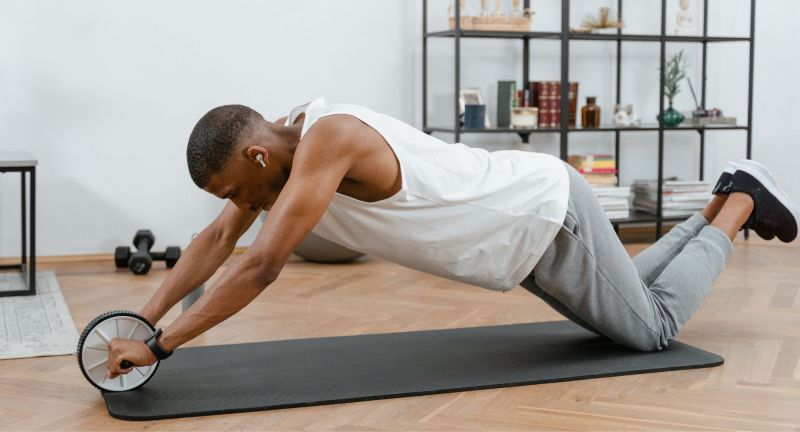
Only 8-10% of American men have visible 6-pack abs. That’s right, less than 1 in 10 guys have the coveted movie star physique. But here’s the good news: Almost anyone can get abs. You just need to avoid making common mistakes and have a realistic expectation of what’s doable based on your body type and genetics.
We’ll explain why you might never see a defined 6-pack on your abdomen and how to set achievable goals for your fitness journey.
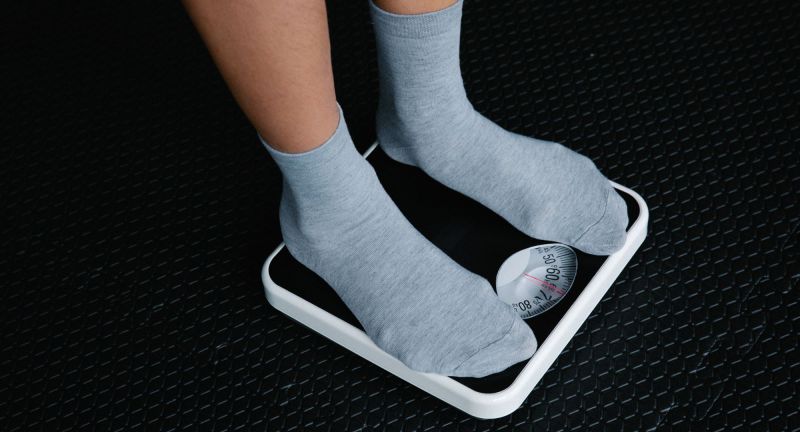
Reason #1: You’re too impatient
Getting 6-pack abs takes time, dedication, and consistency. There’s no quick fix on how to get abs. You need to be patient with your progress and refrain from setting unrealistic expectations.
To see your abs, you need to have a low body fat percentage. For most men, this means getting down to 9-14% body fat. If there’s a layer of fat covering your abs, you won’t be able to see them until you reduce your overall body fat percentage. Depending on your starting point, this can take months or even years, so don’t throw in the towel if you’re not seeing immediate results.
Here are a few tips to help you maintain your patience and stay motivated:
- Set small, achievable goals along the way.
- Focus on the process, not the outcome.
- Celebrate all wins, no matter how small they may seem.
- Find a workout buddy or join a fitness community to keep you accountable and motivated.
Remember, getting 6-pack abs is a marathon, not a sprint. The only way to ensure long-term success is to be patient and consistent, and you’ll eventually reach your goal.
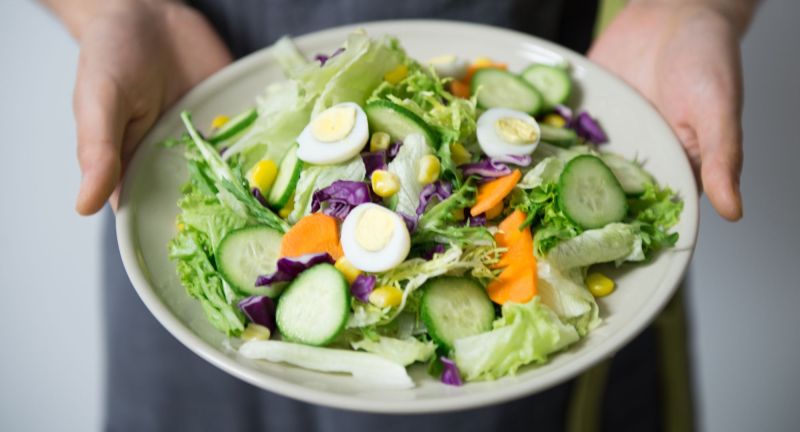
Reason #2: You’re forgetting to readjust your diet
As you lose fat, your body needs change. Your metabolism slows down, and you need to eat fewer calories to maintain your weight loss. This is why it’s important to readjust your diet as you get leaner.
Many people calculate their calorie deficit once they start their diet plan, but they don’t readjust it as they lose weight. This can lead to a plateau, where they stop losing fat even though they’re still eating at a calorie deficit. To avoid this, it’s best to readjust your calorie deficit every few weeks or months or whenever you hit a plateau. You can reduce your calorie intake by 200 to 300 calories per day.
Here are some tips to help you stay on track:
- Log your process and track your calorie intake on an app or food diary.
- Reduce your calorie intake gradually; too much too soon can lead to muscle loss and other health problems.
- Eat plenty of protein to support muscle growth and recovery. Don’t forget to load your plates with low-cal fruits and veggies like apples, broccoli, carrots, and cucumbers.
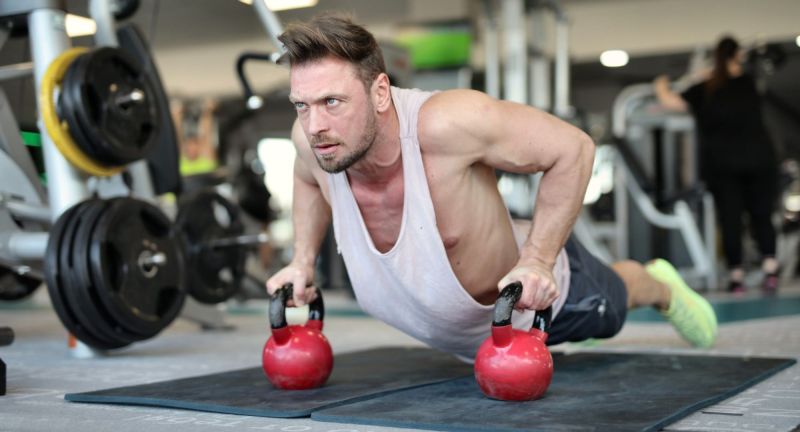
Reason #3: You’re going too hard
It seems logical that the harder you work out, the faster you’ll see results. But this isn’t always the case, especially when it comes to ab workouts. Working out too hard can be counterproductive and lead to injuries or burnout.
When you work out too hard, you’re more likely to experience muscle soreness and fatigue. This can make it difficult to recover and continue working out consistently. Also, pushing yourself too hard can lead to a rare but serious condition called rhabdomyolysis. This is when your muscle fibers break down and release their contents into your bloodstream, damaging your kidneys.
So don’t forget to listen to your body and take rest days when you need them. Most people need 48 to 72 hours of rest between intense workouts to recover properly.
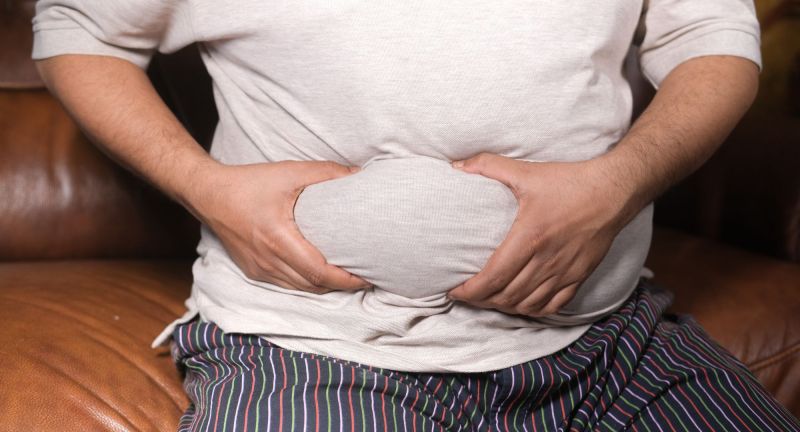
Reason #4: Genetics
Believe it or not, genetics play a role in whether you’ll be able to get 6-pack abs. Some people are more predisposed to having visible abs than others. This is because of how their muscles are shaped and their fat is distributed. For example, some people have a naturally lower body fat percentage than others. And others have more muscle mass in their abdominal area. Furthermore, some people are more likely to store fat in their abdominal area than others.
Here are a few tips for maximizing your chances of getting 6-pack abs, even if you don’t have the best genetics:
- Focus on reducing your body fat percentage. This is the most important factor in achieving visible abs.
- Eat a healthy diet and exercise regularly.
- Be patient and consistent. It takes time and effort to see results.

The bottom line
Getting abs is more than just doing endless crunches and following a strict diet. It’s about finding a balance between proper nutrition, regular exercise, getting enough rest and recovery, and understanding your genetic makeup. Don’t get discouraged if you don’t see results immediately. Keep working hard and eating healthy; you will eventually reach your goal.



